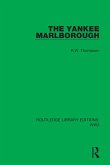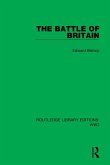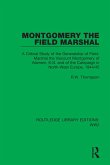Mobilizing nature traces the environmental history of war and militarisation in France, from the creation of Châlons Camp in 1857 to military environmentalist policies in the twenty-first century. It offers a fresh perspective on the well-known histories of the Franco-Prussian War, Western Front (1914-18), Second World War, Cold War and the anti-base campaign at Larzac, whilst uncovering the largely hidden history of the numerous military bases and other installations that pepper the French countryside. Based on extensive archival research and site visits, it explores the history of militarised environments in metropolitan France, including army camps, weapons testing facilities, air bases, and battlefields. These militarised environments are complex and fascinating places, acting as sites of combat, experimentation, internment, death, protest, biodiversity, modernisation, and memorialisation. They are also international places. At various points, North American, British, colonial, German, and Italian troops have mobilized, occupied, fought, and trained in the French environment. Mobilizing nature argues that the history of war and militarization can only be fully understood if human and environmental histories are considered in tandem. Preparing for and conducting wars were only made possible through the active manipulation and mobilisation of topographies, climatic conditions, vegetation and animals. But the military has not monopolised the mobilisation of nature. Protesters against militarisation have consistently drawn on images of peaceful and productive civilian environments as the preferable alternative to destructive tanks and bombs. Written in an accessible style, Mobilising nature will appeal to readers interested in modern France, environmental history, military geographies and histories, anti-military protests, and environmentalism.
Hinweis: Dieser Artikel kann nur an eine deutsche Lieferadresse ausgeliefert werden.
Hinweis: Dieser Artikel kann nur an eine deutsche Lieferadresse ausgeliefert werden.








